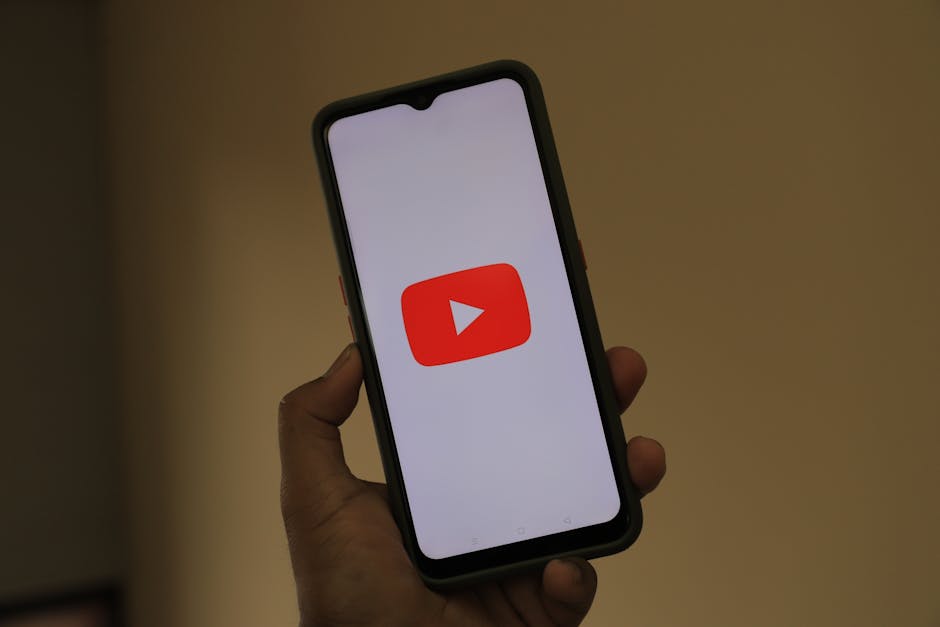Boost Online Visibility: The Fusion of AR and SEO to Transform Marketing
As technology rapidly evolves, the line between physical and digital worlds continues to blur. With the advent of Augmented Reality (AR), businesses no longer have to rely solely on traditional SEO strategies to capture user attention. Instead, they can craft immersive experiences that not only boost online visibility but also foster deep emotional connections with their audiences. In this article, we’ll dive into the exciting intersection of AR and SEO, explore actionable strategies for implementation, examine successful case studies, and discuss how these evolving technologies are reshaping user interactions and search behavior.
Augmented Reality: The Next Frontier of User Engagement
AR has revolutionized how consumers interact with brands. Imagine using your smartphone to visualize how a piece of furniture would look in your living room before making a purchase or trying on a virtual outfit from the comfort of your home. These engaging experiences not only heighten user engagement but also lead to improved retention rates. In fact, a study from Harvard Business Review found that immersive experiences can increase brand awareness and drive revenue growth.
To leverage AR strategically, businesses can create branded experiences that enhance users’ interactions with their products. An effective AR implementation allows users to retain information, increasing the likelihood of conversions. It grants an opportunity to embed traditional SEO tactics within these experiences, enhancing both online visibility and user satisfaction.
Strategies to Integrate AR into SEO
-
Develop AR Capabilities on Your Platform: Ensure that your website or app supports AR features. Utilize tools like ARKit or ARCore to create immersive product displays that can draw users in.
-
Optimize AR Content for Search Engines: Just like standard SEO, AR content must be optimized. Use proper HTML tags, metadata, and descriptions to ensure search engines can crawl and index this content. Additionally, consider backlinks to authoritative AR sites – these can help build credibility and improve SEO rankings.
-
Local SEO through AR Integration: Utilize AR to enhance local visibility by creating unique virtual experiences that represent your local market. For instance, if you're a local café, you can create an AR experience showcasing the café's ambiance, special menu items, or even cooking demonstrations.
-
Encourage User Interactions: Encourage users to share their AR experiences on social media, creating organic engagement. User-generated content can drive traffic, which can significantly improve SEO rankings.
-
Continuous Improvement and Updates: AR technology is always evolving; therefore, regularly update your AR experiences based on user feedback and technological advancements.
For further insights into optimizing local SEO through innovative technologies, you can read more about harnessing augmented reality for local SEO success in 2025.
Case Studies: Brands Effectively Using AR in SEO Strategies
IKEA Place
IKEA launched the IKEA Place app, facilitating users to visualize how their furniture would fit and look within their space before purchasing. This app not only improved user engagement but also positioned IKEA favorably in search rankings associated with furniture visualization.
Sephora Virtual Artist
Through this AR feature, Sephora allows customers to try on makeup virtually, enhancing user experience. By doing so, they have created significant buzz around their brand, leading to increased traffic and higher conversions.
These examples underline the importance of innovative digital marketing strategies combined with strong SEO fundamentals. Companies leveraging AR can drive foot traffic to their stores and boost online sales.
Evolving User Interactions: The Future of SEO and AR
The fusion of AR and SEO is just the tip of the iceberg. As AR becomes more mainstream, its integration into broader marketing strategies will become necessary. From integrating biometric data to enhance personalization to employing AI for real-time customized user experiences, the evolution is relentless.
As these technologies advance, it’s crucial to ensure that AR experiences remain user-friendly and accessible. A focus on usability will be paramount for retaining user attention and meeting the growing expectations of tech-savvy consumers.
For those interested in understanding user psychology in marketing, exploring the psychology of colors in marketing can further enhance engagement strategies.
The Importance of Ethical Considerations
As businesses experiment with AR, ethical considerations cannot be overlooked. Issues pertaining to privacy concerns, data collection, and user manipulation must be navigated carefully. Maintaining trust while implementing these SEO-driven tactics is essential for long-term success. Businesses should integrate transparency into their AR strategies, ensuring users are aware of what data is being collected and how it will be used.
Final Thoughts: A Future Shaped by AR and SEO
The integration of Augmented Reality in SEO strategies presents incredible opportunities for brands to enhance user engagement, capitalize on consumer interest, and improve online visibility. Embracing this technology not only offers competitive advantages but also prepares businesses for the future of digital marketing. As we navigate through 2025, the fusion of AR with SEO will become increasingly vital in creating meaningful connections with audiences.
In conclusion, staying updated with emerging trends such as AR, while fostering ethical practices in digital marketing, can propel businesses toward unprecedented success. As the digital landscape continues to evolve, now is the time for brands to captivate consumers with compelling AR experiences, while optimizing their online presence through savvy SEO tactics.
Ready to enhance your SEO with innovative solutions? Explore more about how AI technologies can elevate your SEO game for a competitive edge.









